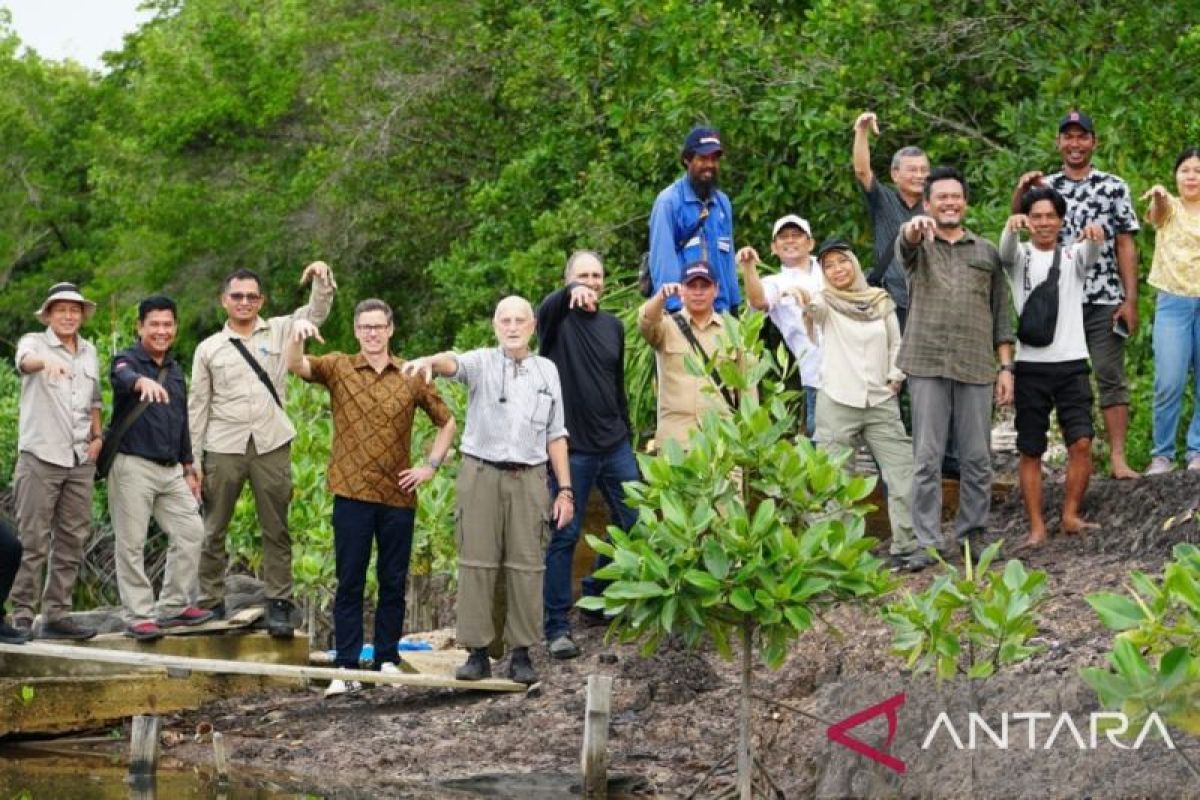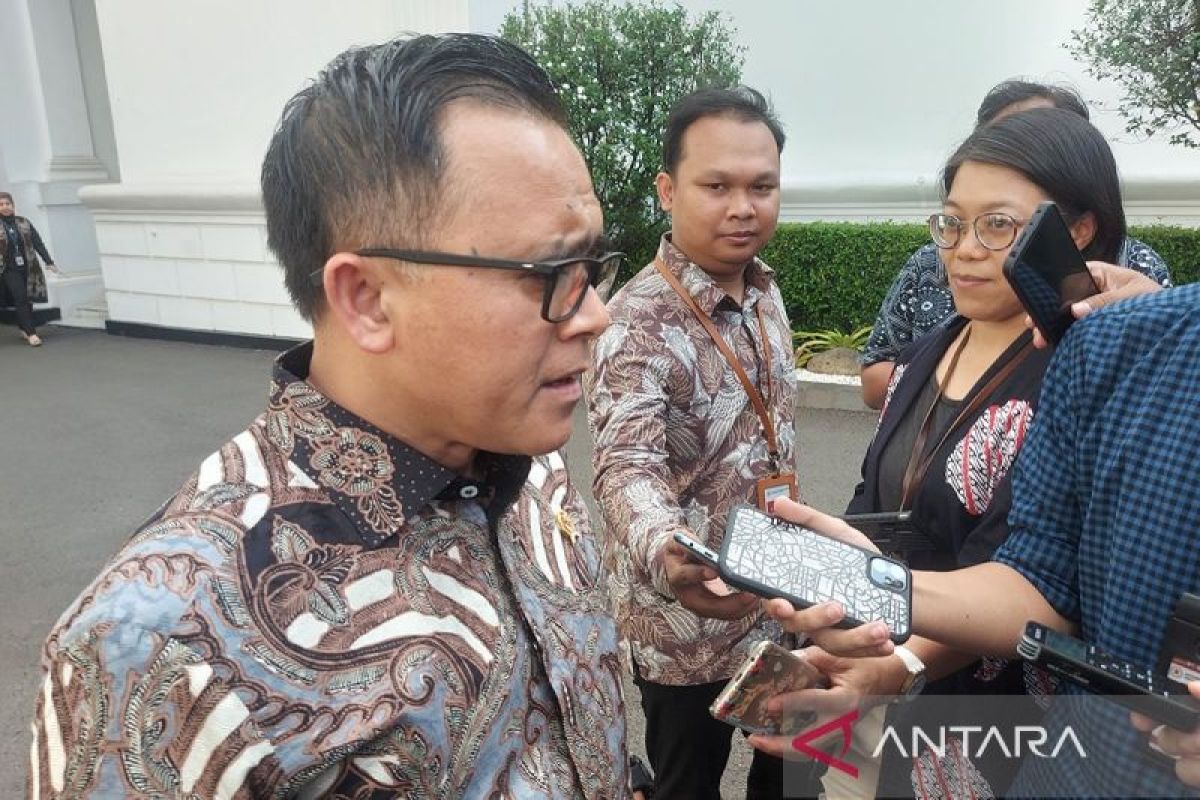TRIBUNNEWS.COM – The global financial crisis of 1997 to 1999 prompted various developed countries to act quickly to find solutions to restore the global economy. The member countries of the G7 (Group of Seven); The United States, Britain, Italy, Japan, Germany, Canada and France concluded that the fastest way to revive the global economy was to work with many other developed countries and in development.
The initial idea, the intermediary countries and have systemic economic influence in global negotiations was adopted at the meeting of the Minister of Finance and the Governor of the Central Bank. This is where the precursor to the G20 was born, where the meeting involved 12 additional countries (Mexico, Argentina, Russia, South Africa, Saudi Arabia, Turkey, China, South Korea, Indonesia and Australia, Brazil and India ) outside the G7 plus 1. European Union Economic Area.
Then since 2008, the G20 presented the heads of state at the summit and in 2010 a discussion in the development sector also formed. Since then, the G20 has consisted of the finance line (Finance sector) and the Sherpa Trail (Sherpa track). Sherpas are taken from the term for guides in Nepal, describing how G20 Sherpas paved the way to the summit (Summit).
Cumulatively, the member countries of the G20 are estimated to control around 90% of the gross domestic product (GDP) of the world economy, 80% of the volume of world trade and represent two thirds of the world’s population2. , the economic strength of the G20 countries reflects the forces and flows of the world’s largest commercial traffic of goods and services
The G20 represents more than 60% of the world’s population, 75% of world trade and 80% of world GDP.
It seems that the G20 has been given an important role in taking on the task of solving economic problems and the increasing role of developing countries in addition to developed countries in policy-making in the G20, namely the role increased participation of developing countries in influential multilateral bodies such as the International Monetary Fund (IMF) and the World Bank (World Bank). Similarly with the International Monetary Fund (IMF) and the World Bank (World Bank), reforms in international institutions will soon be carried out following the IMF meeting held in Turkey after the G20 summit in Pittsburgh . Developed countries are now distributing the problems to other countries. The burden of the global financial crisis also wants to be borne by other countries through the evolving role of the G20. The credibility of the new role of the G20 can no longer be seen today. Reforms of international institutions such as the IMF and the World Bank are at stake for the commitment of developed countries to share power.
*Indonesian Presidency of the G20*
Indonesia holds the reins of leadership or the presidency of the G20 in 2022. The Indonesian government, through the Ministry of Communications and Information Technology, ensures that all agendas of the series of organization of the presidency of the G20 will go smoothly, until the summit (G20 summit) in Bali in November.
The director general of information and public communication of the ministry of communication and information technology, Usman Kansong, underlined the will to organize the G20 summit. Security, infrastructure readiness, telecommunications and transport networks are important points of preparation for the G20 Summit.
“We have prepared 90% of the preparations. According to the latest information from the Minister of Foreign Affairs, all the heads of state of the G20 will be present in Bali,” Usman said.
The G20 Summit in Bali is the culmination of Indonesia’s G20 Presidency. Various activities that are part of a series of G20 events have taken place throughout 2022. This range of activities, Usman said, certainly has strategic advantages of the G20 presidency. This potential can be measured in terms of: economy, foreign policyas good as social development.
First, It is hoped that the G20 presidency will have a direct impact on the economy, increasing the country’s foreign exchange earnings. Over 20,000 international delegates are expected to attend the meeting to be held in various parts of Indonesia.
The previous experience in the presidency of Turkey, Argentina, China and Japan shows a positive impact on the country. It has been recorded that the number of visits by international delegates has reached over 13,000. It is also estimated that each G20 summit generates revenue of over $100 million or IDR 1.4 trillion for host country.
Second, in the political sphere, as chair of the G20, Indonesia can encourage cooperation and initiate concrete results in the three priority sectors, strategic for recovery.

“Typical zombieaholic. General twitter fanatic. Food fanatic. Gamer. Unapologetic analyst.”







